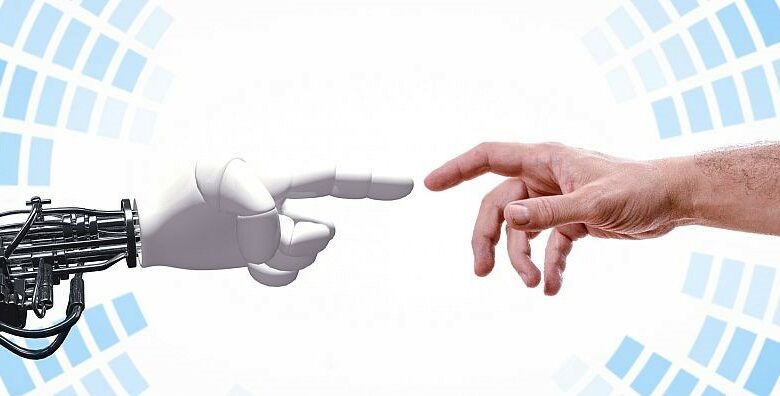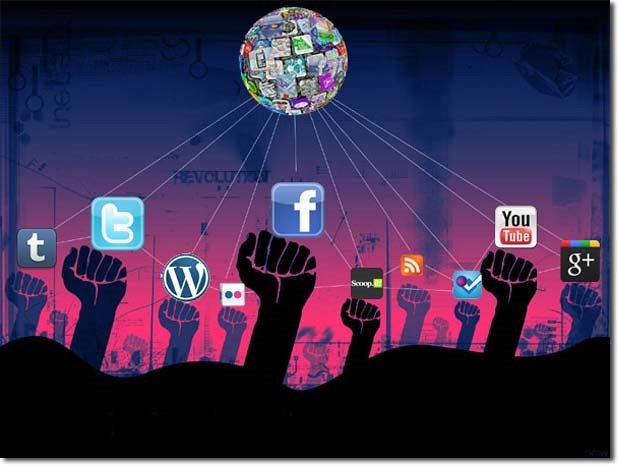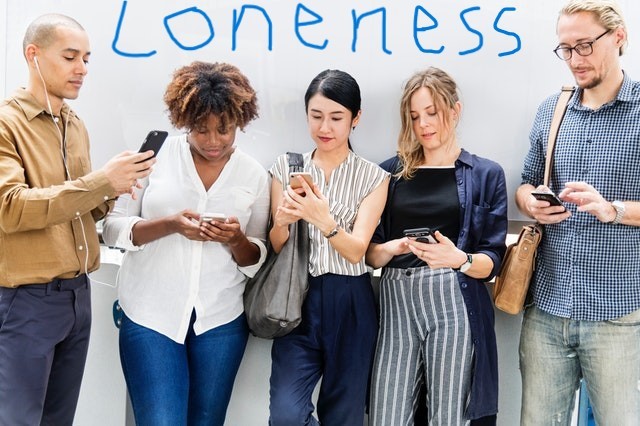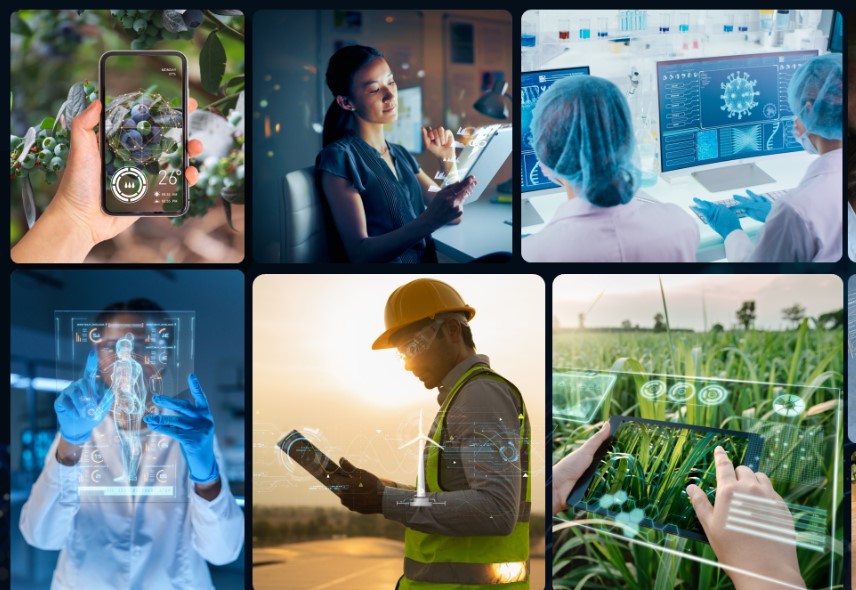The Effects of Technology on Human Relationships: A Double-Edged Sword

Technology has undeniably transformed our lives in numerous ways, often praised for its benefits in enhancing communication and access to information. However, this technological advancement has also introduced several challenges that affect human relationships and social dynamics. This article explores the dual nature of technology’s impact on human connections, emphasizing both its positive and negative effects.
1. Weakening Social Relationships

While technology has facilitated global communication, it has also led to a weakening of genuine social interactions. According to a study by the Pew Research Center, 70% of people report that technology has made it easier to stay in touch with friends and family, but 48% of them also feel that their technology use has weakened their real-life relationships (Pew Research Center, 2020). Digital interactions often lack the emotional depth and intimacy of face-to-face conversations, leading to feelings of isolation and a decline in personal connections.
2. Disconnection and Fragmented Social Bonds
The excessive reliance on technology for communication can result in the erosion of family ties and social bonds. A study published in the journal Computers in Human Behavior found that people who spent more time on social media reported lower levels of satisfaction with their personal relationships (Primack et al., 2017). The preference for digital communication over personal encounters contributes to a sense of estrangement and reduced emotional closeness.
3. Increased Distrust and Self-Centeredness

Technology can contribute to increased distrust within society. Research from the University of Michigan found that social media usage is linked to higher levels of envy and lower levels of trust (Vogel et al., 2014). Digital interactions often foster superficial judgments and criticism, heightening stress and anxiety levels. When relationships are primarily digital, there is a risk that self-interest and personal agendas overshadow collective values, leading to greater self-centeredness and diminished empathy.
4. Erosion of Core Values
The reliance on digital interactions can diminish fundamental human values such as empathy, respect, and honesty. According to a study published in The Journal of Social and Personal Relationships, increased screen time is associated with lower levels of empathy (Rosen et al., 2013). The shift from face-to-face to digital communication can lead to a decrease in emotional understanding and genuine connection, impacting the quality of relationships and the preservation of core values.
5. Feelings of Unhappiness
Research indicates that excessive use of technology, particularly social media, is linked to feelings of unhappiness and anxiety. A study by the American Psychological Association found that heavy social media use is correlated with increased feelings of loneliness and depression (American Psychological Association, 2017). People may experience social pressure or unhealthy comparisons with others, which negatively impacts their mental well-being. The constant exposure to curated online images and lifestyles can lead to dissatisfaction and diminished life satisfaction.
Positive Aspects of Technology

Despite its challenges, technology has provided numerous benefits, including facilitating communication, expanding access to information and education, and fostering global communities. Technology has enabled people to connect across cultures and enhance understanding, showcasing its potential to contribute positively to society.
Technology has undoubtedly brought significant changes to human communication and relationships. While it offers many advantages, it also presents challenges that affect the quality of personal connections and core values. Balancing the benefits of technological advancements with the preservation of human relationships and fundamental values is crucial for maintaining genuine happiness and well-being.
___________________________________________
References:
- Primack, B.A., Shensa, A., Sidani, J.L., et al. (2017). “Social Media Use and Perceived Social Isolation Among Young Adults in the U.S.” Computers in Human Behavior, 2017.
- Pew Research Center. (2020). “The State of Digital Communication.” Retrieved from Pew Research Center
- Vogel, E.A., Rose, J.P., Roberts, L.R., & Eckles, K. (2014). “Social Comparison, Social Media, and Self-Esteem.” Psychological Science, 25(8), 1827-1835.
- Rosen, L.D., Carrier, L.M., & Cheever, N.A. (2013). “Facebook and Relationships: A Study of How Social Media Use Influences Communication and Relationship Satisfaction.” The Journal of Social and Personal Relationships, 30(1), 1-13.
- American Psychological Association. (2017). “Social Media Use and Perceived Social Isolation Among Young Adults in the U.S.” Retrieved from American Psychological Association.




